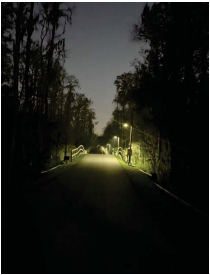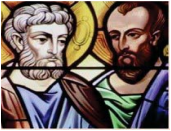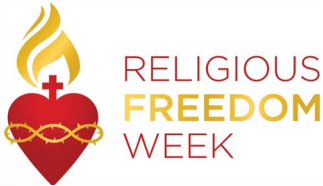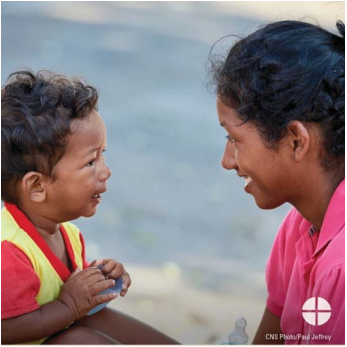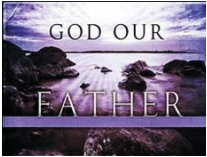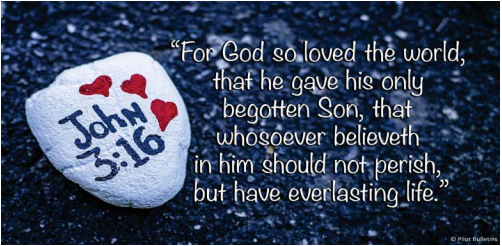From our Pastor
https://stmarystcatherine.org/wp-content/themes/osmosis/images/empty/thumbnail.jpg 150 150 Charlestown Catholic Collaborative Charlestown Catholic Collaborative https://stmarystcatherine.org/wp-content/themes/osmosis/images/empty/thumbnail.jpg“Manners are a sensitive awareness of the feelings of others.
If you have that awareness,
you have good manners,
no matter what fork you use.”
-Emily Post

The arts of hospitality and etiquette can be complicated or easy. There can be so much to attend to, things that seem small to us at first, can loom large when we try to make someone feel at home- is the person allergic to anything? Is our guest shy and sensitive or outgoing and boisterous? Does our guest like pets or perhaps are they bringing a dog or cat? It can knock us off our usual schedule and if they’re difficult, well… but if it’s a good friend or family member, it can be a wonderful experience as we share and receive joy, blessings, and love!
In the readings this weekend, we learn that a direct way to encounter God is to experience His presence in those we welcome into our lives. The God we love and serve wants to find a place in our hearts and lives, and at first, it may seem inconvenient and even difficult to welcome Him fully, but we will find that it’s worth everything. It can be surprising at first, but if we’re open to it,
God can and will transform us!
Please note that I’ll be out of state June 28- July 3.
If you need anything, please let Sr. Nancy know, or drop me a note at
jsheridan@stmarystcatherine.org or
stfrancis02129@gmail.com. Thanks!
-Fr. John

The month of July traditionally honors the Most Precious Blood of Jesus.
It is the blood of Christ, the Lamb of God, which cleanses from sin, therefore the Church developed a devotion to Jesus’ physical blood and its mystical power, just as it did for his Sacred Heart from which his blood poured out on the Cross. The Precious Blood of Jesus courses through the Church spiritually, giving eternal life to the Body of Christ through the sacraments. Many saints had a devotion to the Precious Blood of Jesus, most notably St. Catherine of Siena. Devotion to the Precious Blood spread greatly through the preaching of Saint Gaspar del Bufalo, a 19th century priest and founder of the Missionaries of the Precious Blood, and was later approved and recommended by the Holy See. The feast day of the Most Precious Blood of Jesus is July 1st.

